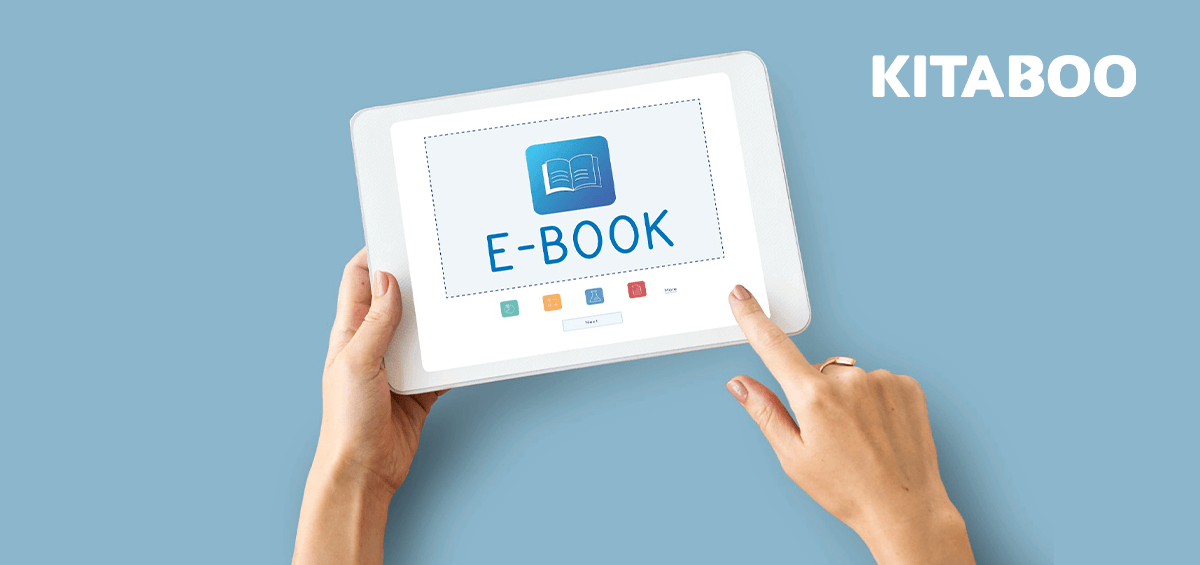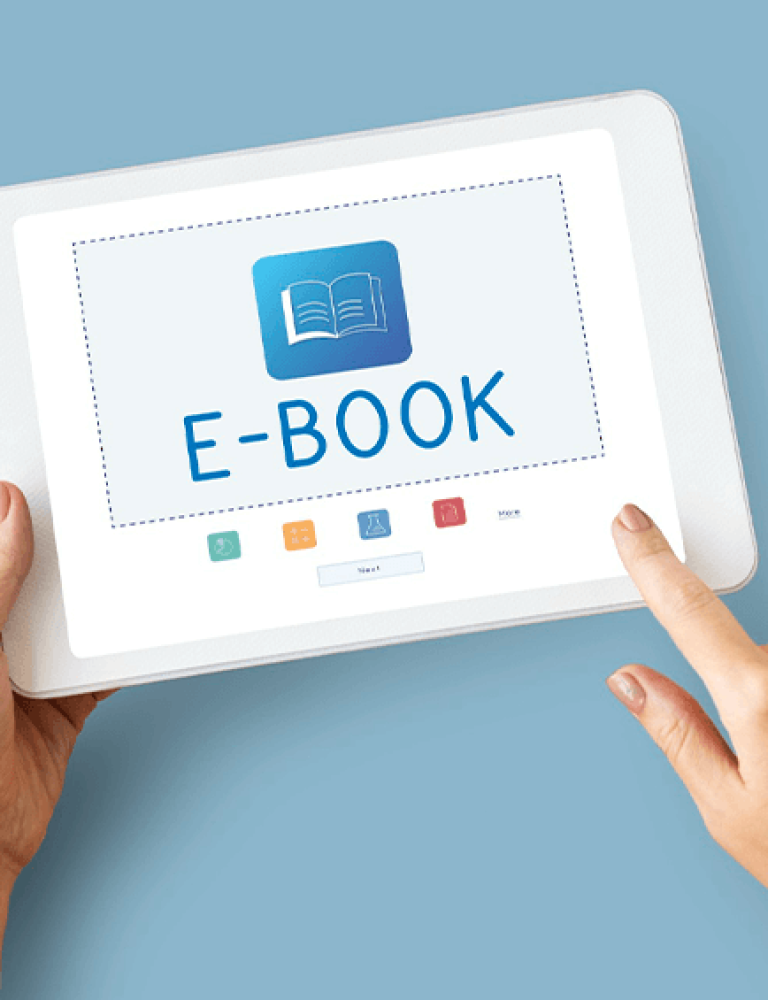As a publisher, have you always dreamt of reaching a wider audience? Or being part of a bestseller, in any field?
One channel through which you can see your dreams come true is an eBook.These are easy to publish and distribute. They can allow anyone, in any part of the world to just download and begin reading. However, creating an eBook is a bit more challenging.
It requires several steps; be it putting together the content of your book, the design, the layout, the formatting, the professional touch, and so much more. These minute details can help differentiate your eBook from others on the shelves.
An eBook creation software is the ideal option to help you through this dilemma. These software make it easier and more affordable for both publishers and writers to create and distribute eBooks. They also help publishers build stronger relationships with their readers and writers.
In this article, we’ll take you through all you need to know about choosing an eBook tool and why you should use one anyway.
So, let’s dive in!
Types of eBook Creation Software
When it comes to eBook software, there are several options and categories to choose from. Each category focuses on addressing specific requirements and has its own advantages and disadvantages.
We’ve simplified this list into three main categories.
Desktop Publishing Software
Desktop publishing software, such as Adobe InDesign or QuarkXPress, are a popular way to create eBooks. These programs are designed to create print materials but can also be used to create eBooks by exporting the files into the appropriate format.
Desktop publishing software offers a wide range of design tools and features, making it an excellent option to create visually appealing eBooks.
Nevertheless, mastering these programs might involve a challenging learning process. They may also take more time and effort to produce an eBook, as their usage is for multiple business areas.
Online eBook Creators
Online eBook creators, such as Pressbooks or Canva, offer a more user-friendly and accessible option to create eBooks. These web-based platforms provide templates, pre-designed layouts, and drag-and-drop functionality, making it easy to create a book without any design or coding experience.
Additionally, online eBook creators offer collaboration features, allowing multiple users to work on a project simultaneously.
However, these platforms may have limited design options and may not offer as many or as advanced features as desktop publishing software.
Dedicated eBook Creation Software
Dedicated software to create eBooks, such as KITABOO or Vellum, offer various features, including custom design options, interactive elements, and compatibility across multiple eBook formats.
These are typically easier to use than desktop publishing software and offer more advanced features than online eBook creators.
However, they may also come with a higher price tag making them suited only for those serious about their publication game.
Features Any Good eBook Creation Software Should Have
Irrespective of the type of software you prefer to use, consider these features that can completely change your publishing experience.
An Easy-To-Use Interface
A user-friendly interface helps save on both the learning curve time and the time it takes to create an eBook. A good software usually comes with a drag-and-drop interface, that even a layman can operate.
The biggest benefit of this from a publisher standpoint, is that it allows authors to do the base-work and gives you a better understanding of how they visualize the end product.
Customizable Design Options
While templates can be a great option to use, some may want to add their own design elements to their eBook. This ability to customize the design helps both publishers and authors express themselves better, leading to a more unique end-product.
Search for software that provides the flexibility to customize design choices, encompassing fonts, colors, and layouts.
The Ability to Add Interactivity
eBooks are more than just text. Interactive elements like audio, video, and quizzes can make the eBook more engaging and immersive.
Look for software that offers these features to make your eBook ideal for a wider range of audiences.
Compatibility and Formats
Every writer has their own preferences of where they want their eBook to be sold. As a publisher, not only should you be ready to cater to these needs, you also need to be able to suggest better commercial avenues.
Ensure the software you select can export the eBook to multiple formats, so as to not be restricted.
Collaboration Features
For publishers, collaboration is key. Not only does this simplify the team’s work, it also allows the authors to be part of the publishing process.
Look for software that allows multiple users to work on the same project simultaneously and provides easy communication.
Reader Analytics
With all things digital, analytics is a must. Publishers need to look for a software that not only gives them the data they need, but also gives their authors more insights.
While a publisher may look at figures such as the number of copies sold an author may look at the reader behavior and engagement levels.
These different metrics help create a successful eBook.
The Final Word
As you can see, to be successful in digital publishing requires a collaborative effort between all major stakeholders. eBook creation software has made this doable. All in all, the right software is one that allows everybody involved to pitch-in and take complete control of their speciality.
Some eBook software such as KITABOO, cater to all aspects of production including the creation, publishing and distribution of the eBook. This cloud-based platform also puts authors at ease with its top-notch DRM protection capabilities. And with the variety of analytics available, you won’t have to look elsewhere for data.
To know more on how to publish that best selling book (of any genre), write to us at KITABOO@hurix.com.
Discover How An Ebook Conversion, Publishing & Distribution Platform Can Help You
Kitaboo is a cloud-based content platform to create-publish & securely distribute interactive mobile-ready ebooks.
You May Also Like







